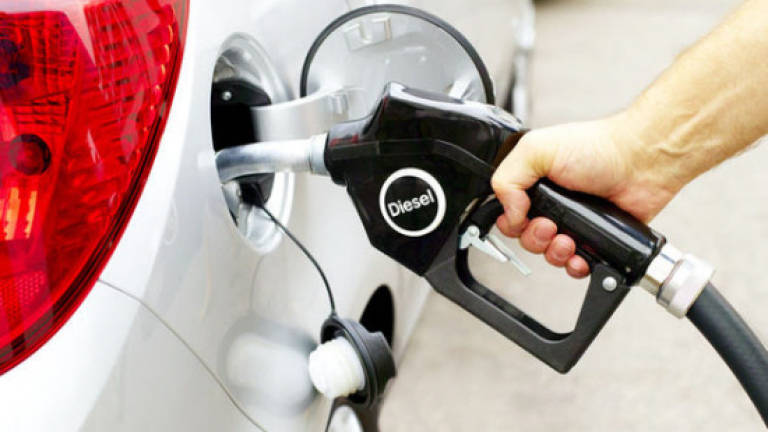Threat to diesel-engine warranty

PETALING JAYA: Owners of diesel-powered cars face the possibility of the engine warranty on their vehicles becoming void if a plan by the government to push through the roll-out of B10 biodiesel nationwide materialises.
The policy is scheduled to come into effect on July 1.
While the Finance Ministry (MOF), at press time, has yet to give the go-ahead, the Plantation Industries and Commodities Ministry (MPIC) had already obtained cabinet approval for the roll-out as noted in its Note to Editors dated May 31, pending the final approval from MOF.
"We're waiting for MPIC and MOF on the date to roll-out B10 at service stations. It's tentatively set for July 1," said an oil industry source who spoke on condition of anonymity.
Currently, Malaysia's diesel is a B7 grade which means it is 7% palm oil and 93% mineral diesel.
B10 grade means 10% palm oil and 90% mineral diesel.
Available data from engines manufacturers shows B7 is acceptable, while B10 and its higher acidity has been shown to be too aggressive to the plastics and rubber seals and O-rings in today's modern diesel engines with common rail and high pressure injectors.
The potential onset of B10 bio-diesel using non-verified palm oil methyl esther has horrified the Malaysian automotive industry because it will void the engine warranties provided by manufacturers both on diesel vehicles already on the road as well as future new diesel vehicles.
The Malaysian Automotive Association (MAA) recently wrote in opposition to B10 using unqualified palm oil to the Transport Ministry, the International Trade and Industry Ministry and the Malaysia Automotive Institute (MAI).
A senior office-bearer of the MAA confirmed that there had been no response from the three government agencies.
"While we welcome B10 bio-diesel implementation, the government must also ensure B7 bio-diesel is available throughout Malaysia as the majority of motor manufacturers will not give warranty to vehicles using B10 biodiesel," the MAA's senior office-bearer said.
An MAA council member said that contrary to MPIC's May 31 statement, the MAA had clearly told the Malaysian Palm Oil Board (MPOB) that B10 biodiesel using fatty acid methyl esthers as proposed by MPIC would void manufacturers engine warranties.
"We pointed out that not all automotive diesel engines are compatible with B10 using palm oil methyl esther. In fact, Bosch, Continental, Delphi, Denso, and Stanadyne issued a global common position statement in 2012 that cautions against B10 that employs non de-esterified palm oil and other non de-esterified vegetable oils in modern common-rail diesel fuel injection systems.
"This will kill the diesel business just as we're gearing up to participate in Energy Efficient Vehicles under the National Automotive Policy 2014," said the council member who declined to be named.
"The effect on the consumer is huge as when the engine problem happens, who will bear the repair cost? The accelerated wear and tear due to the aggressive nature of non de-esterified palm oil fatty esthers will only happen after some mileage and this will affect motorists who expect a diesel engine that receives scheduled maintenance to last a few hundred thousand kilometres," he said.